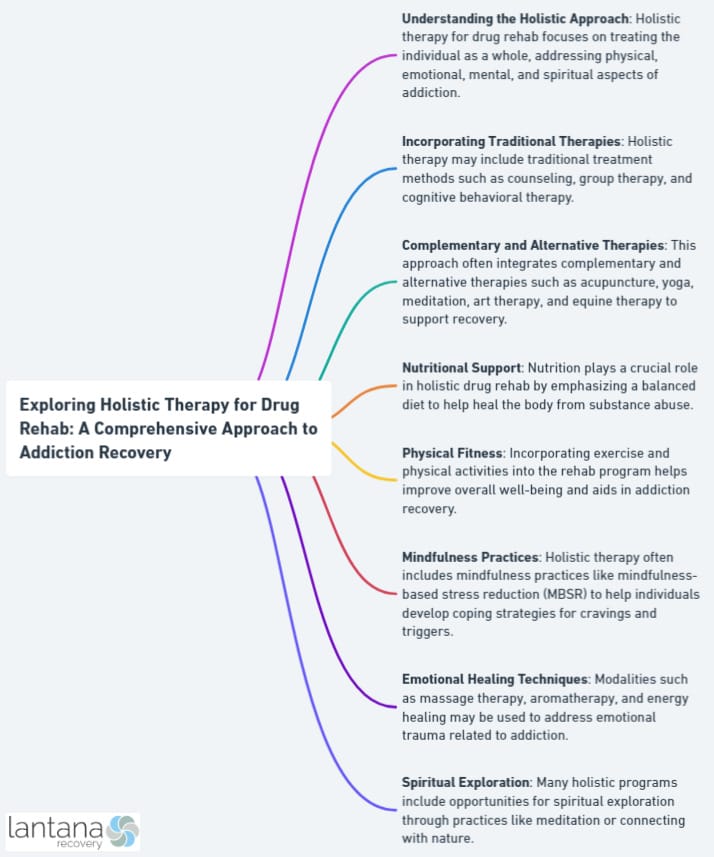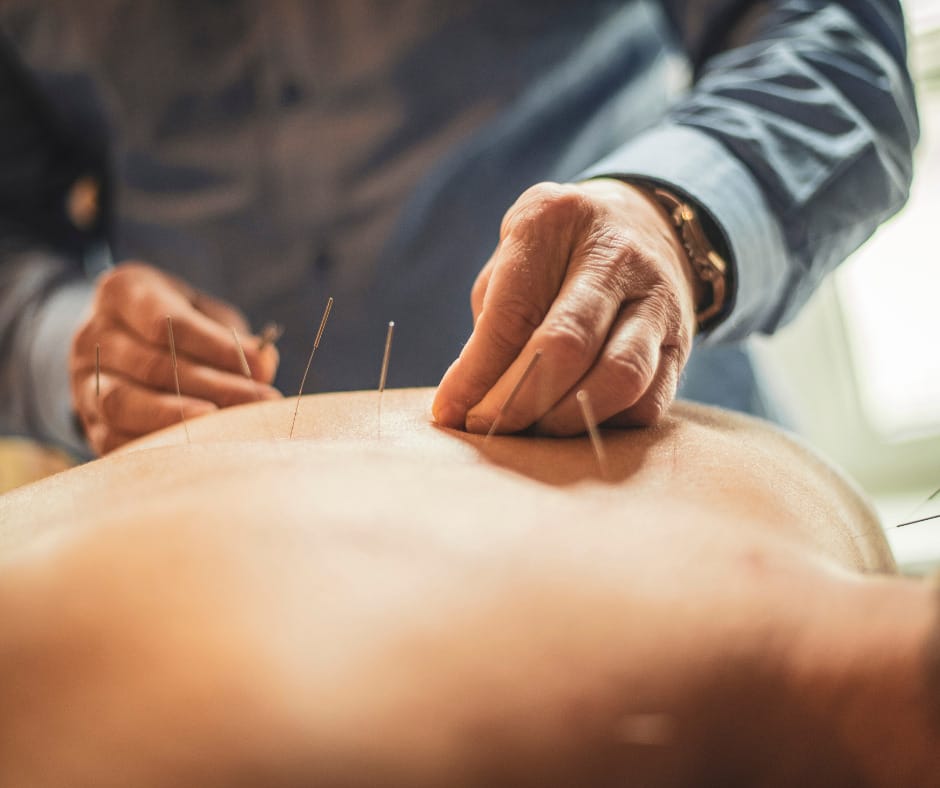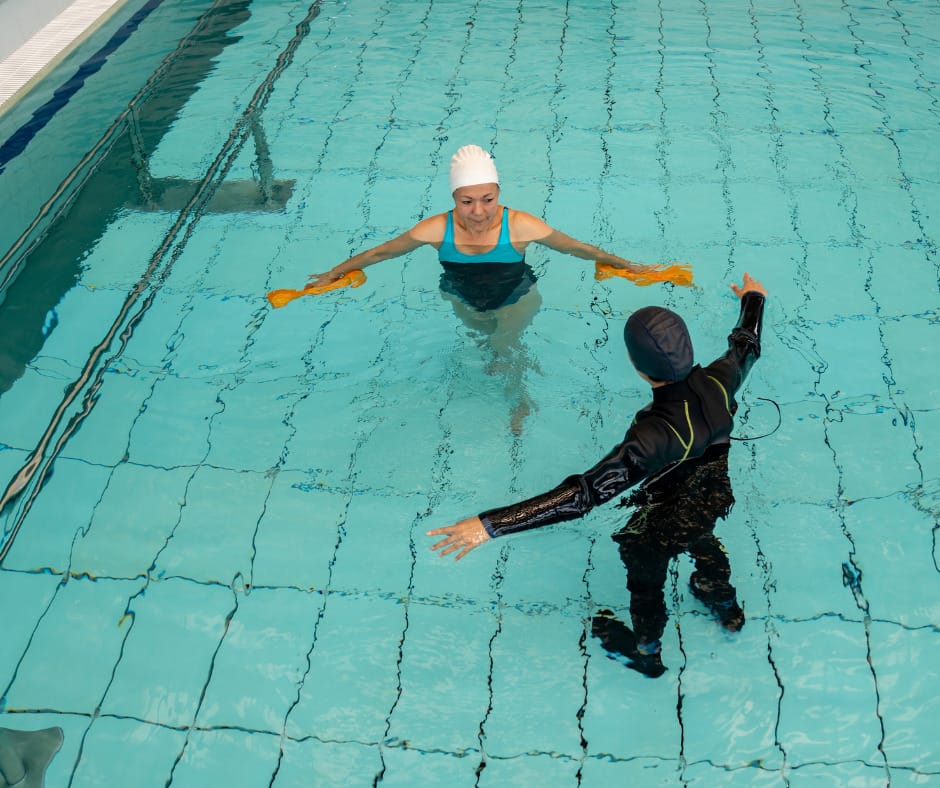Have you ever considered the power of a comprehensive approach to addiction recovery? Holistic therapy for drug rehab emphasizes treating the whole person, addressing physical, mental, and spiritual aspects of recovery. In this blog post, we’ll explore how a holistic approach can be a game-changer in the world of addiction treatment, providing lasting benefits and a solid foundation for long-term recovery.
Key Takeaways
- Holistic therapy for drug rehab is a comprehensive approach to addiction recovery, focusing on the individual’s physical, mental and spiritual aspects.
- Combining evidence-based approaches with personalized treatment plans incorporating holistic therapies can provide necessary resources and support for successful recovery.
- Embrace a healthy lifestyle by building a strong support network of understanding & compassion, essential steps towards healing!
Understanding Holistic Therapy for Drug Rehab
Holistic therapy for drug rehab is a comprehensive approach to addiction recovery, focusing on addressing all aspects of an individual’s well-being. It combines traditional addiction treatments, such as mental health counseling and medical detox, with alternative therapies, like meditation, yoga, and acupuncture, to create a well-rounded healing experience.
Holistic treatment aims to invigorate and empower the individual, attending to their body, mind, and soul, instead of merely tackling the addiction. This comprehensive approach is achieved by incorporating a variety of holistic treatment approaches, such as nutrition, exercise, and goal-setting, which together can contribute to a successful holistic therapy experience. Holistic treatment programs focus on these approaches to ensure a well-rounded recovery process.
The Mind-Body-Spirit Connection
The mind-body-spirit connection holds significant importance in holistic therapy for a successful recovery. Holistic drug rehab recognizes that addiction is not just a physical issue but also involves mental, emotional, and spiritual aspects. By addressing all these dimensions, holistic therapy aims to promote comprehensive healing and recovery.
Proper nutrition plays a significant role in recovery, with foods high in protein, amino acids, vitamin B12, probiotics, and essential fatty acids supporting addicts in their journey. The mind-body-spirit connection can enhance the recovery process by teaching individuals how to develop powerful coping skills, find inner peace and purpose, and gain a deeper understanding of themselves.

Benefits of Holistic Therapy in Drug Rehab
Holistic therapies can be powerful tools to treat substance use disorders of all severity levels when combined with medical supervision and mental health counselling. This approach provides a step-by-step plan for successful long-term recovery. Incorporating holistic practices into addiction treatment can improve patient comfort, productivity, and the ability to manage the challenges of detox and rehab.
Successful holistic addiction treatment requires good nutrition since it influences overall health and counteracts nutritional deficiencies resulting from chronic addiction and abuse. The advantages of holistic therapy in drug rehab are immense – improved mental and physical health, reduced stress, and increased chances of long-term recovery – making it an excellent choice for those seeking lasting change.
Types of Holistic Therapies in Drug Rehab
A range of holistic therapies can serve as potent aids in drug rehabilitation. These practices can help individuals address the root cause of their addiction and provide healthy outlets for stress. Some examples of holistic therapies include:
- Yoga
- Meditation
- Acupuncture
- Massage
These therapies can be used to supplement more traditional addiction treatment therapies, like individual counseling, behavioral therapies, and medical detox.
Holistic drug rehab often incorporates a variety of bodywork and alternative therapies to help individuals in their recovery journey. These therapies include:
- Yoga
- Meditation
- Acupuncture
- Cognitive-behavioral therapy (CBT)
These therapies can be incredibly effective in addressing the mind, body, and spirit to promote overall well-being and support addiction recovery.
Nutritional Therapy and Counseling
In holistic addiction treatment, nutritional counseling plays a significant role by equipping patients with the knowledge and resources required to make healthier choices and comprehend the significance of proper nutrition during recovery. Nutritional therapy and counseling can help patients discover the significance of proper nutrition in their recovery journey, giving them the confidence to make healthier choices.
In addition to empowering patients, nutritional therapy can provide the body with the essential nutrients it needs to stay strong and healthy during the recovery journey. Through nutritional counseling, patients can learn about the connection between their diet and addiction, such as the tendency of recovering addicts to be drawn towards caffeine and sugar or the risks of consuming diets high in refined carbs and saturated fats.
Mindfulness Practices
Practices like meditation and yoga, under mindfulness, can enable individuals to hone their focus, foster self-awareness, and develop coping skills throughout recovery. Mindfulness meditation, in particular, offers numerous evidence-backed benefits and can be a valuable addition to holistic therapy.
Incorporating mindfulness practices into wellness therapy for drug rehab can encourage attention regulation, body awareness, and an open-minded attitude towards current experiences. This can be beneficial for mental and physical health, helping to reduce stress and anxiety while also increasing self-compassion and compassion for others.
Ultimately, mindfulness practices provide a holistic approach to living, connecting the mind, body, and spirit.
Bodywork and Alternative Therapies

Bodywork and other alternative therapies like massage and acupuncture can induce a calming and restorative impact on the body, thereby assisting in the addiction treatment process. For example, massage therapy can:
- Promote relaxation
- Reduce stress and anxiety
- Alleviate physical pain and tension
- Improve sleep quality
- Boost overall well-being
Furthermore, massage therapy can stimulate the release of endorphins, which are natural painkillers and mood enhancers, making it an exceptional addition to holistic addiction treatment.
Acupuncture, another alternative therapy, has been used for decades as an effective therapy for addiction treatment. It works by reducing cravings and withdrawal symptoms, balancing dopamine levels, and releasing endorphins to promote relaxation and pleasure, all of which can help with drug rehabilitation.
Integrating Holistic Therapy with Traditional Treatment Methods

Blending holistic therapy with conventional treatment methods can optimize patient satisfaction and results through the amalgamation of evidence-based approaches and tailored treatment plans. Some evidence-based approaches that can offer support for addiction treatment include:
- Cognitive-Behavioral Therapy (CBT)
- Motivational Interviewing
- Relapse Prevention
- Dual Diagnosis Therapy
- The use of medications such as Naltrexone
By incorporating holistic practices alongside these traditional therapies, individuals can achieve a greater sense of well-being and reach their full potential in recovery. This comprehensive approach focuses on treating the individual as a whole, addressing both the mind and body and often involves incorporating practices such as:
- meditation
- yoga
- mindfulness
- nutrition
into the treatment plan.
Combining Evidence-Based Approaches
Inclusion of mindfulness practices such as meditation and yoga sessions can significantly augment cognitive-behavioral therapy by teaching effective strategies to manage stress and discomfort. Combining evidence-based approaches with holistic therapies can significantly increase the effectiveness of addiction treatment, thereby promoting a lasting recovery.
Several research studies support the effectiveness of combining cognitive-behavioral therapy with holistic therapies. This comprehensive approach has been shown to be effective in treating a variety of conditions, including:
- Stress management
- Anxiety
- Depression
- Addiction recovery
Personalizing Treatment Plans
Tailoring treatment plans is vital to cater to the unique needs and preferences of each patient. This involves creating customized plans that incorporate a variety of holistic therapies, such as:
- Acupuncture
- Meditation
- Yoga
- Nutrition
- Fitness
- Other techniques to promote overall well-being and recovery.
This tailored approach can meet the specific needs of each person and provide them with the necessary support and resources for their recovery journey. The aim is to bring the individual’s mind, body, and spirit into alignment for a well-rounded and comprehensive approach to addiction recovery.
Choosing the Right Holistic Rehab Center

Choosing an appropriate holistic rehab center like Lantana Recovery is a significant decision encompassing the appraisal of treatment programs and investigation of insurance coverage and financial aspects. To find the right center, it’s essential to:
- Research available treatment options
- Consider the qualifications of the staff
- Explore the types of therapies offered
- Evaluate the center’s success rates
When it comes to insurance coverage and financial considerations, private insurance, employer-subsidized insurance, and the Affordable Care Act (ACA) can all provide coverage for holistic rehab centers. It’s crucial to check with your insurance provider to find out the extent of coverage you can receive.
Evaluating Treatment Programs
During the assessment of treatment programs, one must explore the types of therapies provided, the success rates of the center, and the qualifications of the staff. Holistic therapies, such as acupuncture, meditation, yoga, and other complementary and alternative medicine practices, can be extremely beneficial in your journey of addiction recovery and should be considered when evaluating programs.
It’s also important to consider the center’s success rates, which can be highly variable depending on factors such as the definition of success, the length of treatment, and individual factors. Some studies suggest that the success rate for drug rehab programs is around 42%, so be sure to consider multiple factors when evaluating the effectiveness of a holistic rehab center.
Insurance Coverage and Financial Considerations
Insurance coverage may differ across holistic rehab centers, thus checking with your insurance provider and investigating other financial alternatives, if necessary, becomes crucial. Private insurance, employer-subsidized insurance, and the Affordable Care Act (ACA) can all provide coverage for holistic rehab centers, but it’s important to find out the extent of coverage you can receive.
If insurance coverage is limited, there are other exciting financial options available, such as government funding, financing options, and rehab scholarships. It’s crucial to explore all available options and make an informed decision when choosing a holistic rehab center that aligns with your financial situation.
Preparing for a Holistic Recovery Journey

Embarking on a holistic recovery journey necessitates the adoption of a healthy lifestyle and the establishment of a strong support network. This includes addressing any physical symptoms and:
- Incorporating regular exercise
- Proper nutrition
- Mindfulness practices into daily routines
- Connecting with others who are on a similar journey
- Attending support group meetings
- Participating in group therapy
Embracing a healthy lifestyle can be an invaluable tool in supporting holistic recovery from drug addiction. It encourages overall well-being and supports the mind, body, and spirit, ultimately leading to a successful recovery journey.
Embracing a Healthy Lifestyle
The integration of regular exercise, adequate nutrition, and mindfulness practices into daily routines is vital to support addiction recovery. Some forms of exercise that can significantly benefit your recovery journey include:
- Walking
- Hiking
- Yoga
- Swimming
- Dancing
- Weight lifting
Proper nutrition can also make a huge difference in substance abuse recovery. Substance abuse can lead to malnutrition and a poor diet, so eating a healthy diet can be a major benefit for individuals with substance use disorder. Drugs and alcohol can have a detrimental effect on metabolism, organ function, and nutrient absorption, so replenishing essential nutrients through nutrition is essential for the body to heal and recover.
Building a Support Network
For a successful holistic recovery from drug addiction, a solid support network is of utmost importance. Support groups, in particular, can provide a secure and nurturing environment where individuals can connect with those who are on a similar journey, offering a sense of community, understanding, and compassion that can be essential for successful recovery. They can also provide valuable information, guidance, and resources to assist individuals on their path to sobriety.
Holistic rehab centers can also help you build a supportive network by providing a community of individuals who understand your struggles, offering group therapy sessions, support groups, and peer support programs. Furthermore, they may incorporate holistic therapies, such as yoga, meditation, and acupuncture, which can promote relaxation, self-reflection, and emotional healing, creating a sense of camaraderie and support among participants, ultimately fostering a strong support network.
Summary
In conclusion, holistic therapy for drug rehab offers a comprehensive approach to addiction recovery by addressing the whole person and incorporating a variety of traditional and alternative therapies. By embracing a healthy lifestyle, building a support network, and finding the right holistic rehab center, individuals can achieve lasting recovery and transform their lives. Now is the time to explore the potential of holistic therapy and embark on a journey towards a healthier, happier future.
Frequently Asked Questions
What is the holistic approach to rehabilitation?
The holistic approach to rehabilitation involves treating the individual as a whole, focusing on their physical and emotional needs for lasting recovery from substance use disorders.
What is an example of a holistic treatment?
Holistic treatment is an approach that utilizes a combination of traditional, alternative and complementary therapies such as acupuncture, massage, homeopathy, chiropractic care and naturopathy to promote physical and emotional wellbeing.
What happens in a typical holistic therapy session?
Holistic therapy sessions typically involve utilizing techniques to help an individual understand their physical, emotional, social, and spiritual well-being. These sessions may incorporate psychological exercises (like meditation and discussion) as well as physical exercises (such as massage or yoga) to create a holistic approach to health and healing. Additionally, education is often included as part of the therapeutic process.
What is the main goal of holistic therapy in drug rehab?
Holistic therapy in drug rehab focuses on holistic recovery from addiction, combining physical, mental, and spiritual healing through traditional and alternative therapies.
How can mindfulness practices aid in addiction recovery?
Mindfulness practices such as meditation and yoga can help individuals develop focus, self-awareness and effective coping skills to aid in addiction recovery.



